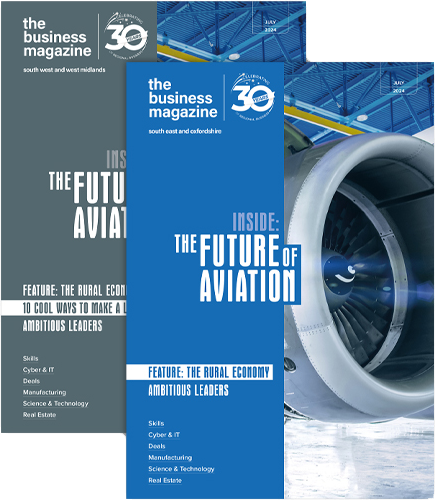Without Prejudice – A Reminder

‘Without prejudice’ is a term that is very familiar to lawyers, but it is increasingly being used by QSs’ and Commercial Managers when negotiating final account settlements for example, but is it always fully understood?
The Courts have recently provided a reminder of the law governing the rule of ‘without prejudice privilege’ which may be useful for construction professionals not so familiar with it.
The rule was introduced to encourage parties to settle a dispute, without recourse to litigation, by allowing them to ‘fully and frankly put their cards on the table’ without fear of something being discussed, admitted, or offered in negotiations being subsequently used against them if those negotiations fail. The rule applies to communications both oral and in writing.
However, we increasingly see parties in dispute referring to all communications as being on a ‘without prejudice’ basis – but is this effective?
The key principle for any communication – be it oral or in writing - to be classed as ‘without prejudice’ is for it to be part of a genuine attempt to promote compromise or settle a dispute. This of course is easier to identify in the case of documents but more difficult in respect of meetings or discussions in which numerous admissions, assertions, offers, counteroffers, and statements are made and in which the parties are encouraged to speak freely. In the case of meetings, it is generally impractical to attempt to separate those admissions which the parties require to be protected by the rule, and those parts they would not. More significantly perhaps, any attempt to ‘categorize’ the various parts of a meeting would be contrary to the overriding principle of providing protection to the parties.
The use of the phrase itself will not, however, guarantee that communications will be treated by the Courts as without prejudice, although it may be taken as an indication. The Courts adopt an objective test and consider the surrounding circumstances to determine whether the communication was part of a bona fide attempt at reaching a settlement, or put another way; on a reasonable basis, what was the intention of the author and how would it be understood by a reasonable recipient? There is also a balance to be reached in two public interests: that of promoting settlements, and that of full discovery between parties to litigation.
On the other hand, a communication may be deemed ‘without prejudice’ even if the phrase is not used if it was written in the interests of a genuine attempt to settle an issue.
There are limited exceptions where privileged communications may be admitted into evidence. For example, where there is a question as to whether correspondence has resulted in an agreed settlement. Such letters or emails become important as they may contain the ‘offer’ and ‘acceptance’ which form the ‘new’ contract (and agreement) which has replaced the cause of action forming the dispute.
Also, in the event one party makes a statement in a without prejudice communication on which the other party acts, that communication may be important evidence in the issue of estoppel if the party making the statement reneges.
Any party may change the previous without prejudice status of negotiations so that without prejudice protection is no longer available, but the burden of doing so explicitly and with clarity rests with that party seeking the change.
It is important that parties to a dispute properly understand the application of the without prejudice rule, it is an important enabler of frank and open discussions which can promote the resolution of disputes without recourse to formal dispute resolution procedures. However, care should be taken not to use it indiscriminately as this could lead to further disputes.
Andrew Smith is a Quantum Expert and Chartered Quantity Surveyor at Diales. He has over 40 years’ experience in the engineering and construction industries, and specialises in dispute avoidance and resolution, commercial and contract support, and claims.




















